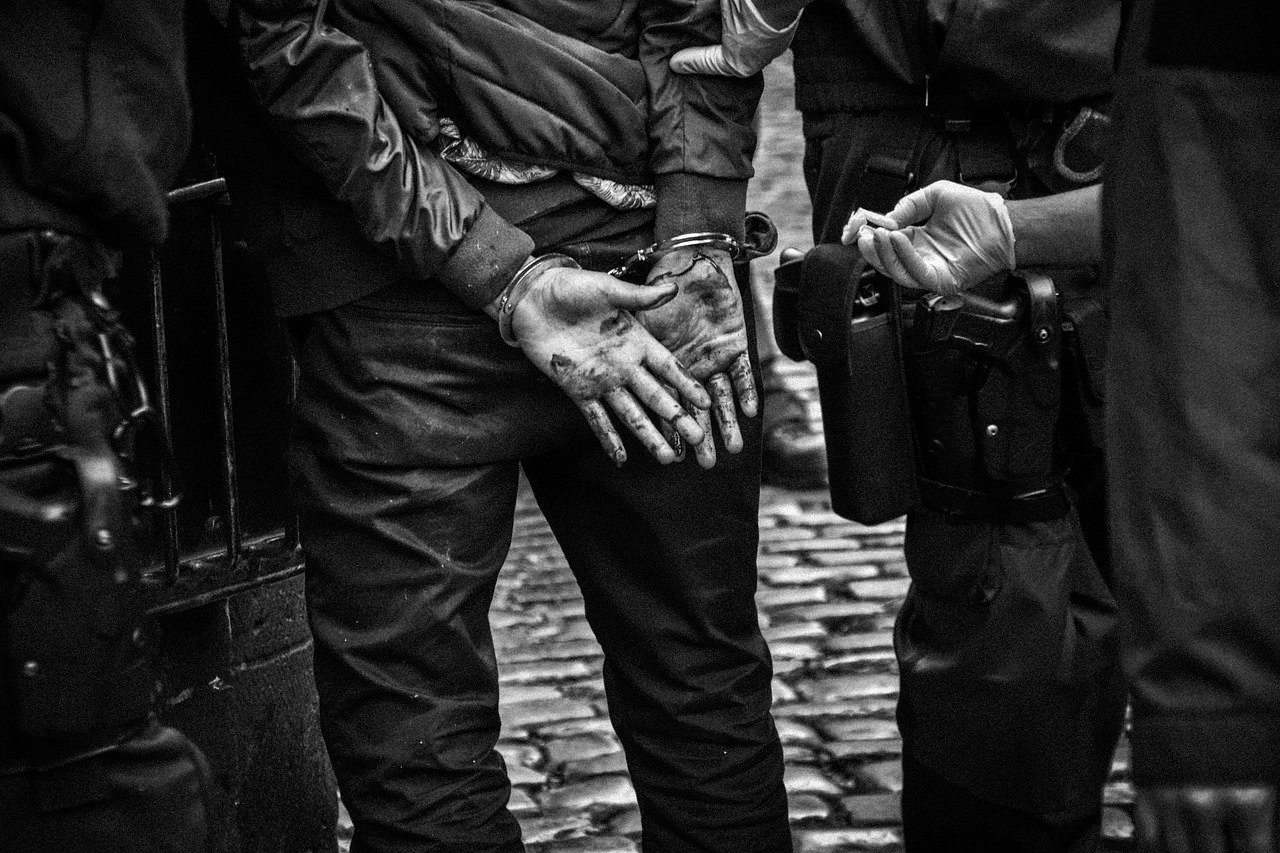
28 Apr Arrest Warrants in Arizona
An arrest warrant is probably the most well-known type of warrant. It allows police to take the person named in the warrant into custody. They might actively search for that person, or arrest them during a traffic stop, depending on the alleged crime. In this mini reference guide, we explain how arrest warrants work in Arizona, how to find out if there is a warrant for your arrest, and what your next steps should be.
What Is an Arrest Warrant?
Arizona has three types of warrants: bench warrants, search warrants, and arrest warrants. A warrant is a legal document that gives law enforcement the right to carry out specific actions in the name of justice. An arrest warrant gives them the right to take a person into custody.
Arrest warrants need to have several important pieces of information:
- The first and last name of the suspect
- A physical description of the suspect
- A clear statement of the charges the suspect is facing
- The signature of a judge or a deputy clerk of the superior court
Are a Summons and an Arrest Warrant the Same?
Arrest warrants allow law enforcement to find and apprehend the suspect, in order to physically bring them to court.
A summons, however, is often in the form of a letter letting you know when to show up in court. While you will not be actively sought out by police, a summons cannot be ignored. If you fail to answer a summons then you could be facing fines and an arrest warrant.
How Do Police Get an Arrest Warrant?
Police obtain arrest warrants from the courts. They must prove to a judge or grand jury that there is probable cause that a crime has been committed and that the suspect they are seeking to arrest committed the crime. Once this is proven an arrest warrant can be signed and carried out by police officers.
How Law Enforcement Executes a Warrant
Law enforcement will start executing a warrant by searching for the person named in it. Depending on the severity of the charges, law enforcement will either actively search for the suspect or just wait for a chance encounter (commonly a traffic stop).
Once the suspect has been found, the police will apprehend and arrest them, holding them in jail until they can stand before a judge. If a suspect is arrested in another state for a crime committed in Arizona, they may be extradited to face the charges against them.
How to Find Out If There Is a Warrant for Your Arrest
In Arizona, it is easy to find out if there is a warrant issued for an arrest, because arrest warrants are public record. There are three ways to find out if there is a warrant for your arrest or someone you know.
- Online search: Arizona’s Judicial Branch runs an online portal where you can search through public records. All that is needed to perform a search is the first and last name of the person, and possibly their date of birth.
- Phone call: A call to your local police station will yield the same result as going online.
- Going in person: This is the riskiest choice if looking for an arrest warrant in your name, as you are basically turning yourself in.
What to Do If There Is an Arrest Warrant Issued in Your Name
If you find out that there is a warrant for your arrest, you need to contact a lawyer right away. They will review the information on the warrant and let you know if they will be able to quash, or null, the warrant.
The information on a warrant is very specific and important. There are several ways that a lawyer might be able to quash a warrant:
- The name on the warrant is misspelled
- The physical description is inadequate
- The warrant is not signed by the proper party
- The criminal charge is not clearly stated
- The warrant is not supported by probable cause
Todd Coolidge Is The Lawyer You Need
If there is a warrant for your arrest, you need a successful defense lawyer. Todd Coolidge is a Certified Criminal Law Specialist who handles cases throughout Maricopa County and the Phoenix area. With a winning track record and over 25 years of experience in the Arizona courts, Todd Coolidge is the best of the best. If you would like to consult a criminal defense lawyer, contact us today and we will review your case.
Images used under creative commons license – commercial use (4/28/24). Image by Berthold Bronisz from Pixabay.




